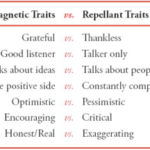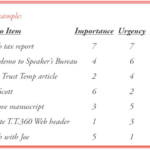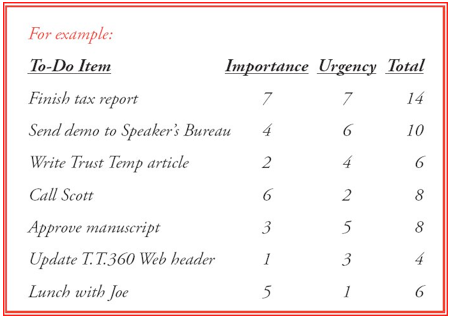Growing up on the farm as the youngest of six kids, I learned how to eat fast, talk fast, and interrupt my siblings. Listening has not always come easily to me, and I’m not alone. Listening is a fundamental skill of genuine success, and it’s hard to be great or trusted without it. The benefits of listening include more trust, better understanding, stronger marriages, happier kids, and increased respect at work. Still, being a good listener is hard work!
I learned a great lesson while talking with one of my closest friends. He was telling me about something troubling him in a hallway during the lunch hour. Several people passed by us, stopping to say hello along the way. Each time, even as my friend continued talking, I would look up and speak a friendly greeting. Finally, after a few of these interruptions, my friend simply stopped talking and said, “You don’t care. You are not listening to what I am saying.” What he said permanently changed my outlook on listening. He was absolutely right, and I knew it immediately. Rather than focus on his words, I was showing him he wasn’t worthy of my attention. Bad listening habits aren’t just rude; they are expensive. To this day, I’m grateful for his candor, because listening is such an important factor in gaining someone’s trust.
I will never forget being in the boardroom for a staff meeting at one of my first jobs. The meeting was supposed to be an opportunity to deal with new business, talk through current issues, and raise any concerns. During the meeting I got a firsthand look at the impact listening has on personal trust and credibility. The board director, brilliant in many parts of running an organization, was wrapping up the session. With everything else on the agenda complete, he asked if there was anything else to discuss. Before anyone could answer, he turned his back to the staff, left the room, and let the door slam shut behind him. All the faces in the room were full of disbelief. I knew there were some who wanted to discuss a specific problem. The director lost his team that day. The director was competent and committed to his job but was not fully trusted. An unwillingness to listen is one of the fastest trust killers.
8 Tips for Effective Listening:
When done genuinely and appropriately, the following will increase communications and trust.
- Keep eye contact. Look at the person talking. You’ll have an easier time paying attention, and they’ll be grateful for your focus.
- Listen with your body. Nod and gesture with your hands to show you’re keyed in to what the other person is saying. Make sure your posture and movements don’t suggest you’re bored or restless.
- Practice patience. When someone is speaking to you, resist the urge to have something ready to say in return. Listen carefully to what they’re saying before answering.
- Empathize. Listening isn’t just about the message. Intent and context are important, so try to make a habit of seeing things from their point of view. Try to really put your feet in the speaker’s shoes. Avoid comments like, “I totally understand what you are going through.”
- No one completely understands what someone else is going through. When we acknowledge that fact, our credibility as a listener goes way up.
- Be present. Ask, “Am I present in this conversation?” Keep your focus on track.
- Avoid answering the electronic interrupter. The phone, PDA, or email can be a useful means of communication. But if you are with someone, taking an interruption is one of the fastest ways to show you don’t really care about him or her.
- Hold one conversation at a time.



 It’s hard to get a running start on the day without a plan. You don’t want to waste your creative morning time wondering what you should do today. If you want to attack your day instead of having it attack you, use this solid strategy. Take the last 15 minutes of a workday to plan out and prioritize the activities for the next day. This will set you up for success and also keep you from forgetting about important tasks or appointments. “Every minute you spend planning saves you an average of approximately 10 minutes in execution” says Brian Tracy in his book “Eat That Frog!” When you take time to plan you save time in the end, so why not plan ahead?
It’s hard to get a running start on the day without a plan. You don’t want to waste your creative morning time wondering what you should do today. If you want to attack your day instead of having it attack you, use this solid strategy. Take the last 15 minutes of a workday to plan out and prioritize the activities for the next day. This will set you up for success and also keep you from forgetting about important tasks or appointments. “Every minute you spend planning saves you an average of approximately 10 minutes in execution” says Brian Tracy in his book “Eat That Frog!” When you take time to plan you save time in the end, so why not plan ahead?